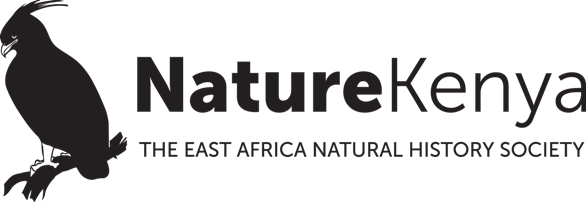Forests cover nearly one-third of our planet’s land surface and host more than three-quarters of the terrestrial biodiversity. Unfortunately, their decline around the world over the years has been alarming. The Taita hills, for example, have lost approximately 98 per cent of their original montane cloud forests over the last 200 years due to land use changes. Twelve forest fragments restricted to the highest peaks and steepest slopes currently remain, with their sizes ranging from one to 220 hectares.
The Taita hills cover an area of 35,000 ha in southern Kenya, 50 kilometers south-east of the world-famous Tsavo West National Park. Their forests hold a unique array of plants and animals, some found nowhere else on Earth. These forests form part of the Eastern Afromontane Biodiversity Hotspot. They are designated as a Key Biodiversity Area (KBA) and an Endemic Bird Area.
Working closely with local communities in the area, Nature Kenya is implementing a project that seeks to conserve and expand existing forests fragments in Taita hills. This project, supported by the Darwin Initiative, also aims at safeguarding the unique biodiversity of Taita and improve water security for people.
Forest landscape restoration is one of the activities the project is undertaking. Sixty hectares of degraded forestland are targeted for restoration using two approaches.
One approach involves directly planting wild tree seeds in degraded areas. In the second method, indigenous tree seedlings propagated in community nurseries are planted instead. Community members collect wild tree seeds for both.
Local people drawn from the Dawida Biodiversity Conservation Community-based Organization (DABICO) and five community forest associations (CFAs) are engaged in the restoration initiative. DABICO is the site support group for the Taita hills forests KBA. The CFAs are from Ngangao, Susu-Ndiwenyi-Fururu, Iyale-Wesu-Mbili, Chawia and Vuria forests. Nature Kenya has facilitated training on wild tree seed collection and tree nursery establishment for the community members.
To date, 25 hectares of degraded forest areas have been restored with 34,000 indigenous tree seedlings from nine community tree nurseries. Areas restored include the Chawia, Iyale, Ngangao and Msidunyi forest segments.
“We are raising tree nurseries to restore degraded forest areas in Taita hills. We are also raising community awareness on the importance of forest restoration. It is good to see our communities embracing forest restoration,” says John Maghanga, a member of DABICO.
Community members closely monitor the rehabilitated sites to ensure survival of the planted trees.
Nature Kenya is also promoting on-farm tree planting to increase tree cover and boost community livelihoods in Taita under this project. More than 800 households within the project area have received 8,000 avocado and macadamia seedlings for on-farm planting.
